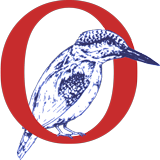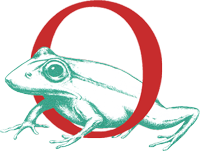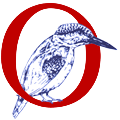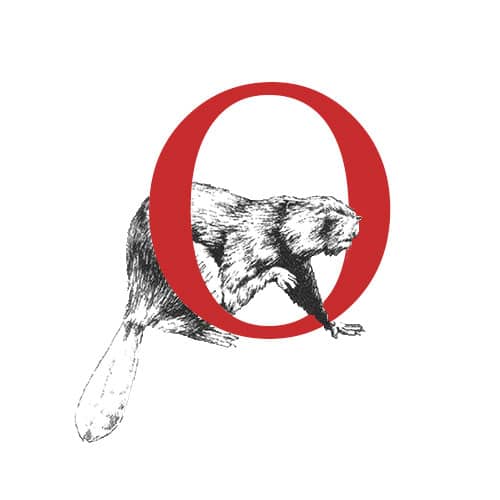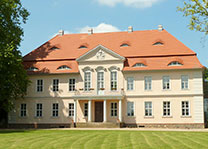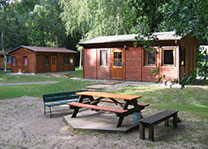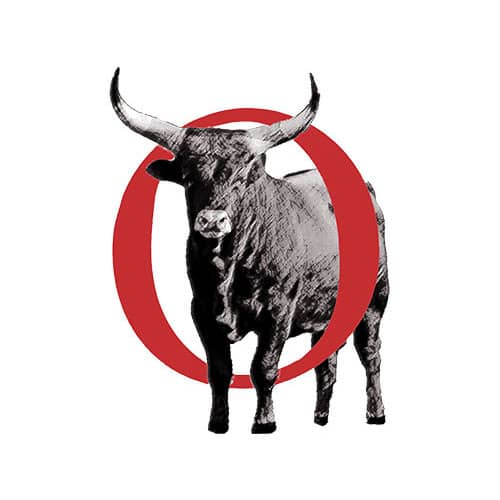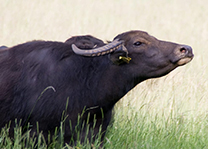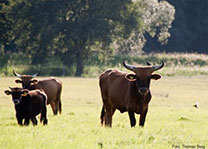Annual press conference January 12, 2012
In 2011 the National Park Association also made a constructive contribution to the development of the national park region. As part of the restructuring of the company floor, the association has put in its ideas on the date requested and expects an allocation of space in accordance with the law. He supported the elaboration of the national park plan with a comprehensive statement, promoted the evaluation of Europarc with his statement and, as a warning and warning, repeatedly made goal-oriented suggestions for the national park development. Much that was not taken up directly and immediately was later found indirectly as a separate proposal by the administration. The association has fulfilled its function as a motor and motivator.
In order to be able to continue to fulfill its statutory tasks, also as the sponsor of the large-scale nature conservation project, the association will continue to buy all suitable areas in the region (fields, meadows, forests, water) in order to purchase them in the interests of nature conservation and ecological agriculture to use. Our office regulates contractual matters quickly, competently, silently and at market prices. We look forward to further potential sales. In 2011 the association acquired around 10 hectares of land.
The association has expanded its organic farming business and currently has 5 Konik horses and 19 Heck cattle on around 60 hectares of wild pasture in the Lunow-Stolper dry polder. The economically active company should act as an example of the connection between nature conservation and agriculture. The concept of the wild pasture serves to maintain and increase biodiversity and, with its population of rustic cattle and horses, is also a tourist attraction. The company will continue to grow organically. He does not want to pressure the established farms in his area, which are much larger, but nevertheless stimulate new forms of economic activity. Against this background, it is gratifying that the disputes at the time with a large agricultural company in the south have now been settled. The National Park Association is now working properly with all businesses, as it should be between good neighbors.
Three new boiler wells and one bored well were completed on the dry grass sites. This will make future grazing of the valuable dry grasslands much easier. The wells were planned together with the National Park Administration Unteres Odertal and funded by the State Office for Rural Development, Agriculture and Land Management (LELF) with 75% of the total costs. They are scheduled to go into operation in spring 2012.
And that brings us to the outlook for 2012:
The most important task of the National Park Association is and remains nature conservation: the association has contractually negotiated the consent of practically all farmers working in the Fiddichow Polder (10) to accept near-natural water levels in the polder. For this they were held harmless elsewhere. Unfortunately, the administration has not yet made sufficient use of this opportunity and continues to pump empty the polder, albeit significantly later than usual in 2011.
Last year, the association succeeded in reaching an agreement with several large farms that they should use their land in the national park as extensively as possible, i.e. reduce near-natural grazing as far as EU agricultural subsidies allow. Negotiations are taking place with other companies in this regard. As a result, nature conservation in the Lower Oder Valley is making a big leap forward, regardless of the ongoing restructuring of the company land and the designation of total reserves, for which we have not yet seen any results. We want to reduce the use of the largest possible area as much as possible, but still give farmers EU agricultural subsidies enable and thus combine agriculture and nature conservation, and even reconcile them to a certain extent.
The acquisition of land continues, the agricultural operation is organically expanded, the excursion program will be continued together with the National Park Foundation. For Saturday, April 28th, 2012 the National Park Association is planning an open day in the Teerofenbrücke Wilderness School together with the National Park Foundation and the Internationalpark Unteres Odertal GmbH. On this day, not only will the possibilities and rooms of the wilderness school and national park laboratory be presented, but scientists from our partner organizations will also come to present their methods and results to a broad public in the laboratory, but also on field excursions, in a technically demanding but generally understandable manner. In coöperation with other providers from the region, this open day should, according to our plans, have a folk festival-like character, informative and educational, but also cheerful and relaxed. The exact program will be announced in good time.
We hope that in the year that has just begun, we will not have to deal with legal disputes any further. It is not the worst thing to get justice against the responsible Brandenburg ministries in court, but we would prefer to use our energies in fields in which humans and nature benefit directly. The fact that all reasonable arguments, as well as law and order, are on our side motivates us to make further efforts.
The board of directors
